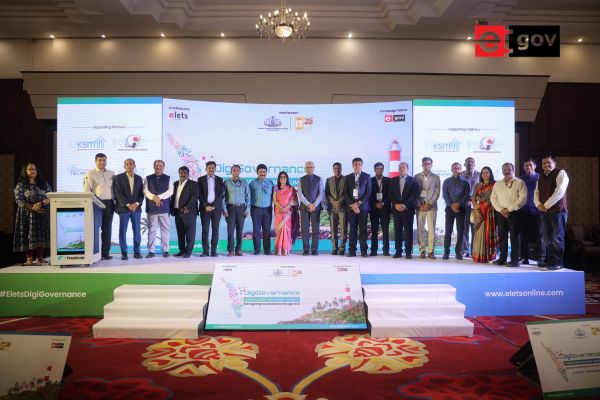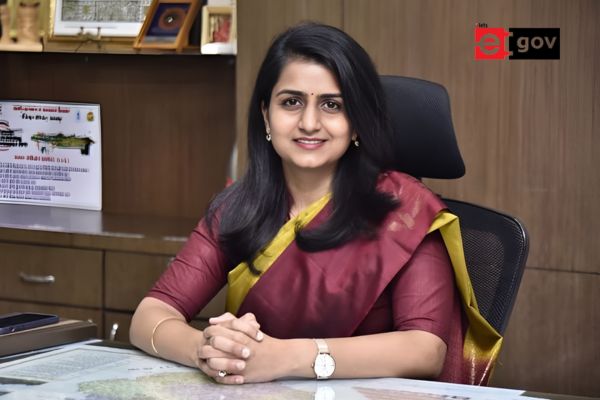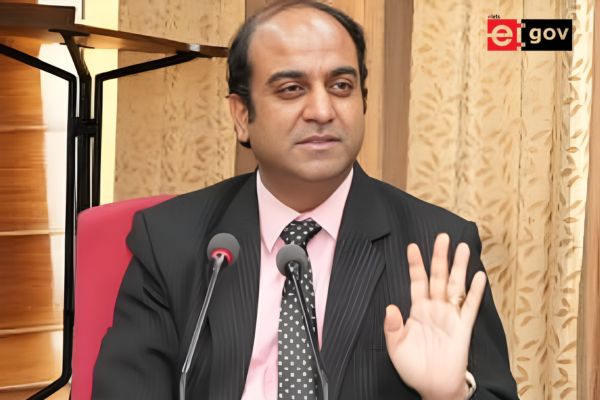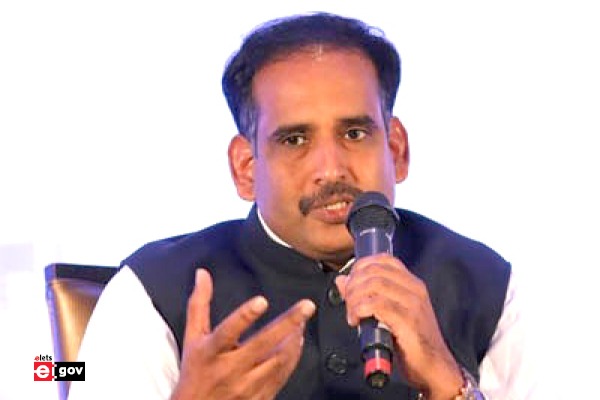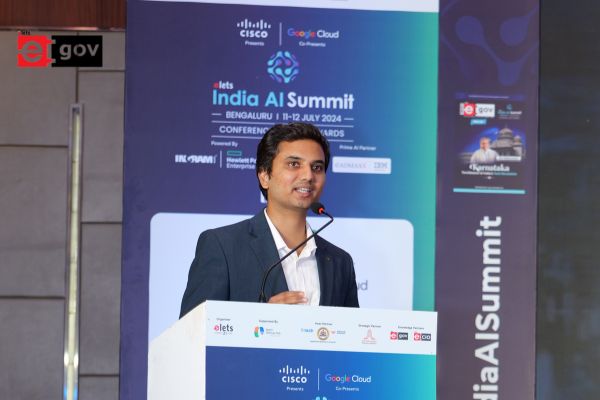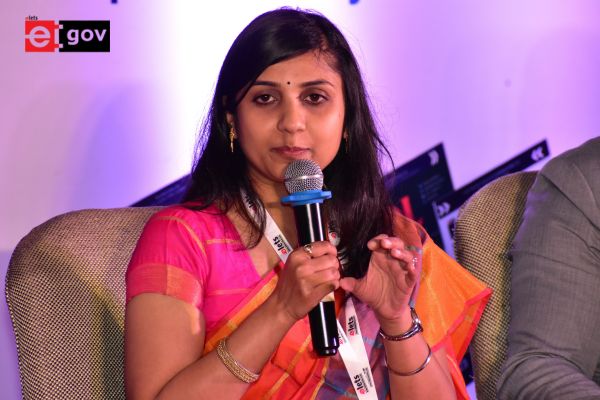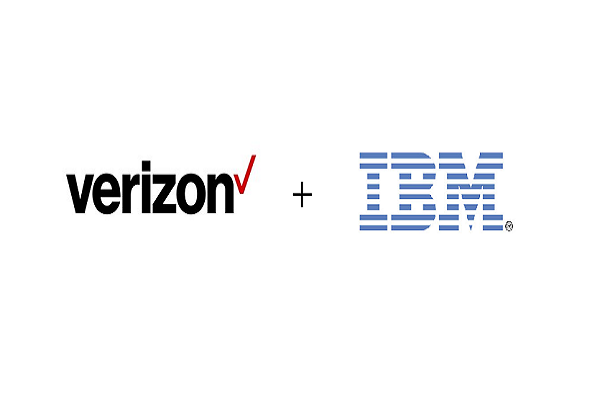
Verizon Business and IBM, on July 16, announced that they are entering into a collaboration to work together on 5G and edge computing innovation to help enable the future of Industry 4.0. The companies plan to combine the high speed and low latency of Verizon’s 5G and Multi-access Edge Compute (MEC) capabilities, IoT devices and sensors at the edge, and IBM’s expertise in AI, hybrid multicloud, edge computing, asset management and connected operations.
Many industrial enterprises are today seeking ways to use edge computing to accelerate access to near real-time, actionable insights into operations to improve productivity and reduce costs. To address this need, the first solutions planned from this collaboration are to be mobile asset tracking and management solutions to help enterprises improve operations, optimize production quality, and help clients enhance worker safety.
For these initial solutions, the two companies plan to leverage Verizon’s wireless networks, including Verizon’s 5G Ultra Wideband (UWB) network, and Multi-access Edge Computing (MEC) capabilities, alongside Verizon’s ThingSpace IoT Platform and Critical Asset Sensor solution (CAS). These will be jointly offered with IBM’s market-leading Maximo Monitor with IBM Watson and advanced analytics. The combined solutions could help clients detect, locate, diagnose and respond to system anomalies, monitor asset health and help predict failures in near real-time.

Also Read: Verizon partners with Digital Catapult for 5G immersive accelerator program
IBM and Verizon are also working on potential combined solutions for 5G and MEC-enabled use cases such as near real-time cognitive automation for the industrial environment. Edge computing’s decentralized architecture brings technology resources closer to where data is generated – i.e., where devices are located in an industrial site – this can help decrease lags in response time and increase processing speeds and reliability. 5G’s low latency, high download speeds and capacity can increase the number of devices that can be supported within the same geographic area, and the ability for organizations to interact with those devices in near real-time, with computing power in the proximity of the device. This could mean that innovative new applications such as remote control robotics, near real-time cognitive video analysis and plant automation may now be possible.

Also Read: Verizon to accelerate IoT solution creation & deployment with Microsoft Azure
“The industrial sector is undergoing unprecedented transformation as companies begin to return to full-scale operations, aided by new technology to help reduce costs and increase productivity,” said Bob Lord, Senior Vice President, Cognitive Applications, Blockchain and Ecosystems, IBM. “Through this collaboration, we plan to build upon our longstanding relationship with Verizon to help industrial enterprises capitalize on joint solutions that are designed to be multicloud ready, secured and scalable, from the data center all the way out to the enterprise edge.”
Also Read: Verizon will help customers and small businesses disrupted by COVID19 impact
“This collaboration is all about enabling the future of industry in the Fourth Industrial Revolution,” said Tami Erwin, CEO, Verizon Business. “Combining the high speed and low latency of Verizon’s 5G UWB Network and MEC capabilities with IBM’s expertise in enterprise-grade AI and production automation can provide industrial innovation on a massive scale and can help companies increase automation, minimize waste, lower costs, and offer their own clients a better response time and customer experience.”
Verizon and IBM also plan to collaborate on potential joint solutions to address worker safety, predictive maintenance, product quality and production automation.
Be a part of Elets Collaborative Initiatives. Join Us for Upcoming Events and explore business opportunities. Like us on Facebook , connect with us on LinkedIn and follow us on Twitter, Instagram.
"Exciting news! Elets technomedia is now on WhatsApp Channels Subscribe today by clicking the link and stay updated with the latest insights!" Click here!







